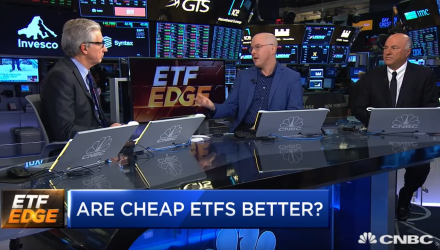Like stocks are shares or fractional ownership of a company, the ETF owns underlying assets and divides ownership of those assets into shares. As such, these shares can be bought and sold on a major exchange.
Furthermore, as opposed to ownership of a company, ETFs own the actual stocks themselves. As such, ownership of an ETF offers diversification advantages compared to single stocks.
Stocks are exposed to all of the risk associated with ownership of that particular company. Conversely, an ETF that purchases a mix of stocks or other assets will have less risk exposure.
Furthermore, because of this flexibility, they can be traded intraday. This allows investors to trade them through online or traditional brokers just like stocks.
An ETF shareholder is also entitled to income earned through dividends. In the event the fund is liquidated, ETF shareholders may also receive a portion of its residual value, which is the value determined at the end of an asset’s useful life.
Because an ETF can track an index, it can be passively-managed. This translates to lower costs to investors when compared to mutual funds, which are typically actively-managed.
With respect to costs, does a cheaper ETF essentially translate to a better ETF? In the video below, CNBC’s Bob Pisani breaks it down with ETF.com’s Dave Nadig and O’Shares ETFs chairman Kevin O’Leary.
For more trends, visit the Core ETF Channel.

